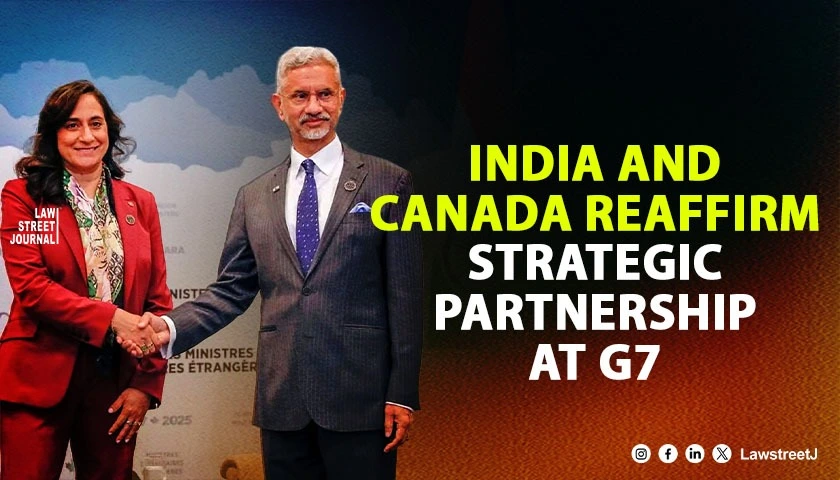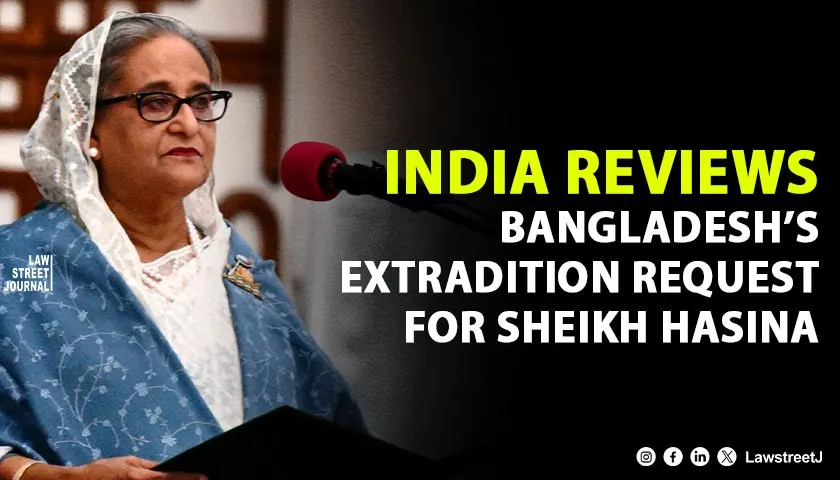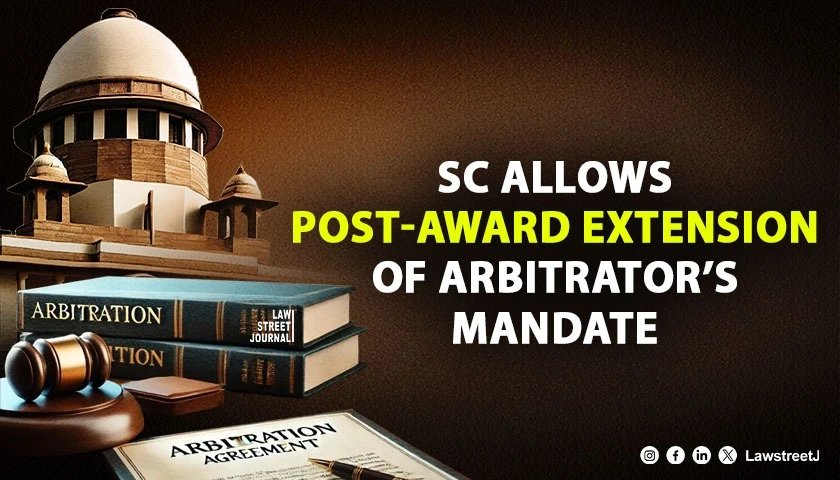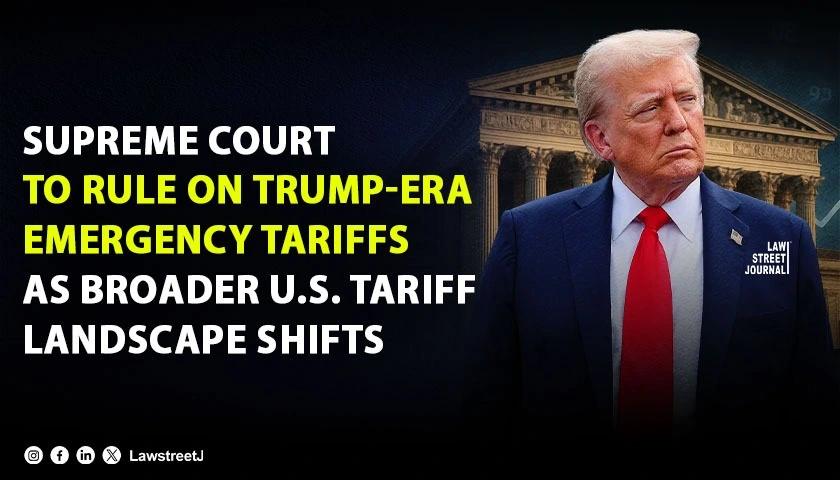Iran: Iran will no longer allow Indian citizens with ordinary passports to enter or transit the country without a visa, with the change taking effect on November 22, 2025. The decision follows a series of incidents in which the visa-free entry facility was misused to move Indian nationals into Iran on the basis of fraudulent employment promises and onward-travel arrangements. Several individuals who travelled under such schemes were later subjected to kidnapping, extortion, or illegal confinement.
The Ministry of External Affairs (MEA) confirmed the development in an advisory issued on November 17. The ministry stated that Iranian authorities halted the waiver after identifying its misuse by criminal networks targeting Indian citizens seeking overseas job opportunities. The waiver, originally introduced to promote short-term visits, had repeatedly been exploited to transport individuals under the guise of job offers or transit plans to other countries, including those in Europe and the Gulf region.
According to the MEA, many victims were promised high-income employment or safe passage to third-country destinations. Upon arrival in Iran, several were detained by criminal groups, and their families in India received ransom demands for their release. The advisory noted that suspending the visa-free entry system was intended to prevent further abuse and strengthen monitoring of foreign arrivals.
MEA Advisory Highlights Pattern of Job-Linked Fraud
The advisory warned Indian nationals against accepting overseas job offers arranged by unverified recruiters. Reports received by Indian authorities indicate that these scams were often operated by agents without authorization under the Emigration Act, 1983, which mandates that anyone placing workers abroad must hold valid registration. Violations may attract penalties under the Act as well as relevant provisions of the Indian Penal Code relating to cheating, conspiracy, and human trafficking.
In many cases, Indian nationals travelled to Iran believing they would subsequently be taken to other destinations. Some were told that the visa-free entry system made Iran a convenient stopover, while others were advised to use the country as a staging point for travel to Europe. The MEA cautioned that such arrangements frequently involved forged documents or false assurances, leaving travellers vulnerable to exploitation.
The ministry urged citizens to avoid relying on informal channels for travel to Iran and advised against using the country as a transit point when arrangements are made by unregistered agents. It added that Indian missions in Iran have been instructed to remain vigilant, monitor distress calls, and extend consular assistance when required.
With the suspension of the waiver, Indian citizens must now follow regular visa procedures. Applicants will be required to submit forms, supporting documents, and proof of purpose of travel to the Iranian embassy or consulate. Entry and stay in Iran will be governed by the conditions specified on the visa, and failure to obtain proper authorization may result in denial of entry or action under Iran’s immigration laws. Iran’s policy shift is consistent with its Law on Entry and Residence of Foreign Nationals, which empowers the government to regulate entry in the interest of public order and security. The move also reflects cooperation between Indian and Iranian authorities in countering criminal activity that exploits cross-border travel routes.
The MEA has advised travellers to rely on official government websites for up-to-date information and avoid private agents who promise simplified access or quicker processing. The ministry stressed that adherence to legal processes is essential, especially when travelling through regions where trafficking and document-fraud incidents have been reported. Officials noted that the visa waiver had originally been introduced to promote tourism and cultural exchange. However, the rise in fraudulent activities involving Indian nationals prompted a reassessment of the arrangement. As of November 18, 2025, no separate exemptions have been issued for any category of Indian passport holders, including diplomatic or official passports.
Increased Focus on Enforcement and Cross-Border Cooperation
The suspension marks a shift in India–Iran mobility rules and is expected to influence travel patterns, consular operations, and security-related coordination. Authorities on both sides are examining the routes used by traffickers and intermediaries who targeted Indian citizens with false employment opportunities. Indian missions have been asked to remain alert to cases reported by families or victims and to coordinate with local authorities when intervention is required.
The MEA continues to monitor the situation and is expected to issue further updates if Iran introduces additional changes to its entry system. Indian nationals have been advised to verify all documents, avoid unauthorized recruiters, and refrain from agreeing to travel plans that bypass formal immigration checks. The ministry reiterated that job seekers must follow procedures laid down under Indian law and obtain employment-linked clearances only through registered recruitment agencies.












